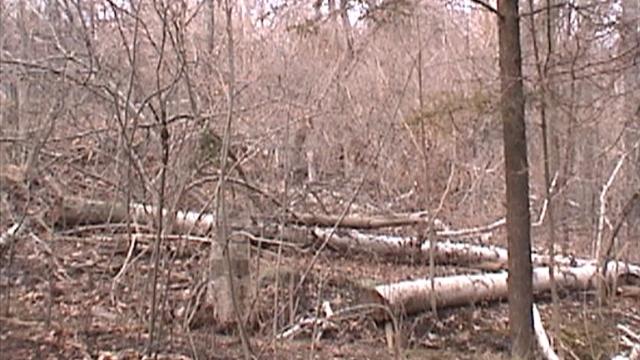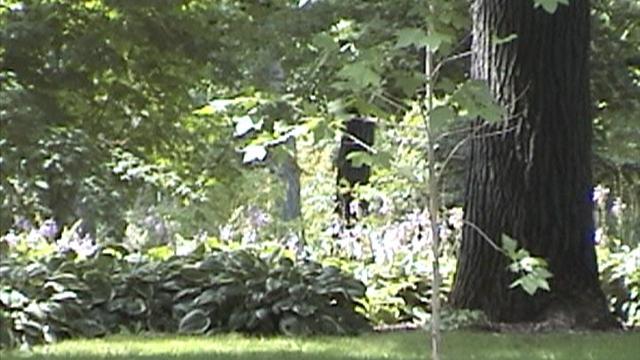
· Green Bees ·


© Yarmosh AG 2007
This pair of pictures representing the view of a park "before" and "after" the introduction of bees explains the idea why bees deserve to be called green.
Some scientists argue that the key element to understanding the global environmental changes is not pollution or climate warming, but the destruction of natural ecosystems. The green lungs of our planet keep shrinking, even though we all know it is the plants that create the main biomass, without which most forms of life on Earth just cannot exist.
Humans' activities affect the established delicate ecological balance. Logging, agriculture, urbanization, massive use of chemicals force out or destroy many kinds of small animals, birds, insects, plants. As a result of loosing the existing natural equilibrium, pests get the advantage of quickly spreading around uncontrolled by their biological enemies. They multiply fast and are able to cause significant damage to trees and shrubs - destroy roots, trunks, leafs, flowers, fruits, seeds.
All this comes as a real threat to the sustainability of nature, and ultimately the future of civilization.
Our research shows that ecological beekeeping restores the balance and actually creates sustainable local ecosystems.
Many people know that bees are the main pollinators. Insufficient pollination affects the development of plants, their productivity, as well as the quality of fruits, vegetables and crops in agriculture. So, bees are a blessing to flora.
We were the first to mention and explore in our series of documentary films another direct beneficial effect of bee colonies on the environment. Besides pollination, bees help to restore the balance and sustainability of nature in a very unique way - by creating sustainable local ecosystems. Most importantly, beyards attract birds like chickadees and woodpeckers, who in turn effectively control the population of many insects that damage and kill trees.
The whole concept of this ecological discovery becomes easy to understand and agree with, once we put together just three simple facts for you:
- the life span of a worker bee during the summer season is about 40 days;
- a strong bee colony can have as much as 70 thousand bees, often more;
- dead bees are an excellent food for many small animals, birds, insects.
These facts spell abundance of food for many creatures. As a result, beeyards attract wildlife to settle, breed and proliferate around, especially at locations where there is enough natural or man-made nest sites, shelters, feeders, water. Diversity of fauna brings the balance to the environment. And that's bad news for numerous pests and parasites that destroy trees and other plants.
This may be a solution to ecological problems for many big cities where loss of vegetation reaches dangerous levels.
So we appeal to everyone who is not indifferent to the environment - bring bees to your place, if you can, of course. These charming little workaholics pollinate trees and bring honey to their hives placed even at the rooftops of Tokyo, Paris, New York, to say nothing of the smaller cities, towns, villages, farms and cottages around the world. You will find details about these and many other amazing facts on the pages of this section of our site.
Be sure to visit the other two sections as well, to find out how bees can teach you to live happier and longer life.
Then we will not have to face the inevitable question: "What is going to happen to the nature and us?"